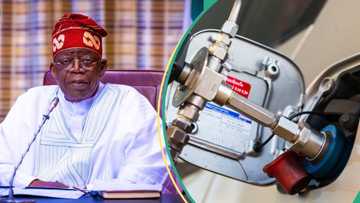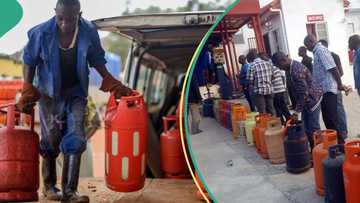Small Business Owners Groan as Fuel Subsidy Removal Hit Hard, Experts Proffer Solutions
"Fuel subsidy is gone’ were the exact words of President Bola Tinubu in his inaugural speech on Monday, May 29, 2023.
He said the 2023 Budget made no provision for fuel subsidy and more so, subsidy payment is no longer justifiable.
The president explained that the money spent on fuel subsidy would be used to meet pressing socio-economic challenges.
The news of subsidy removal brought distressing realities for Small and Medium Enterprises (SMEs) already struggling to survive.
Following the announcement, a few days later the price of a litre of petrol skyrocketed from the average of N189 on May 30, 2023, to N568 and N617 adding more burden to SMEs operations.
SMEs in Nigeria
According to data from the National Bureau of Statistics, there are approximately 17.4 million SMEs in Nigeria, contributing nearly 48 per cent to the GDP and accounting for half of the industrial jobs in the nation.

Read also
“N25k cash transfer:” World Bank disburses $299.9m to FG as palliative loan for Nigerian households
Unfortunately, several studies have indicated that around 80 per cent of these SMEs cease to exist before reaching their fifth anniversary.
In 2022, the Small and Medium Enterprises Development Agency of Nigeria estimated that approximately two million SMEs in the country had collapsed between 2017 and 2021, and with the removal of fuel subsidy the numbers is expected to worsen.
One of the major reasons SMEs fail to survive is due to the cost of operation, primarily driven by energy costs.
According to the World Bank, Nigerian businesses lose approximately $29 billion annually due to unreliable electricity.
Over 22 million petrol generators supply power to roughly 26 per cent of households and 30 per cent of Micro, Small, and Medium Enterprises in Nigeria, increasing the financial burden on these enterprises.
A 2020 survey by PricewaterhouseCoopers International Limited revealed that insufficient electricity supply is responsible for the demise of one in seven firms in Nigeria.
Kunle Adesanya, the owner of a water factory in Igando told Legit.ng the financial strain caused by fuel subsidy removal.
He revealed that before subsidy removal, he spent N30,000 on an average daily on fuel for production, in addition to transportation costs.
Since the removal, he has seen daily costs soar to over N50,000 as he relies on a generator except for occasional electricity supply.
The burden has become overwhelming, and he is contemplating closing his business.
He said:
"Before subsidy removal, I spent on a daily basis N25,000 to buy fuel for production, aside from the cost of trucks that would transport it to consumers.
“Since the removal, it now costs over N50,000 daily, as I run on a generator except when we get occasional electricity."
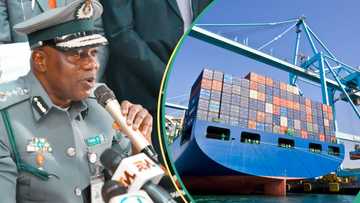
Read also
“No More N757/$:” Cost of cars, other imported items to rise as customs hikes FX rates for duties collection
"I am already planning to shut down the business; it has become very stressful. I have to pay 10-15 workers daily, and I hardly get a return on my investments."
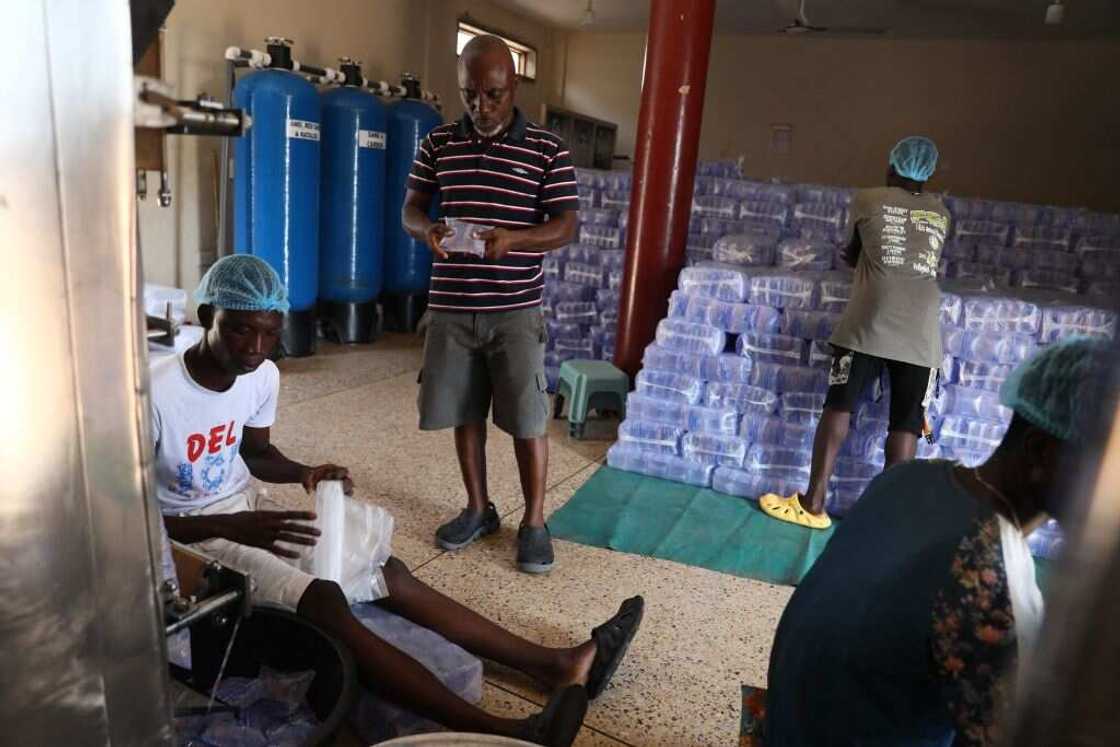
Source: Getty Images
Similarly, Chinedu Orji, a bakery owner in Ikeja has faced difficulties since the decision by Tinubu administration.
He noted that in response to the subsidy removal he had to raise his prices by over half to offset the higher petrol costs.
"I use 25 liters of fuel daily to power his generator, which now costs nearly three times what he used to pay. Passing on these costs to customers has proven to be a challenge, as they are unwilling to pay the increased prices."
"They wont pay, they won't accept"
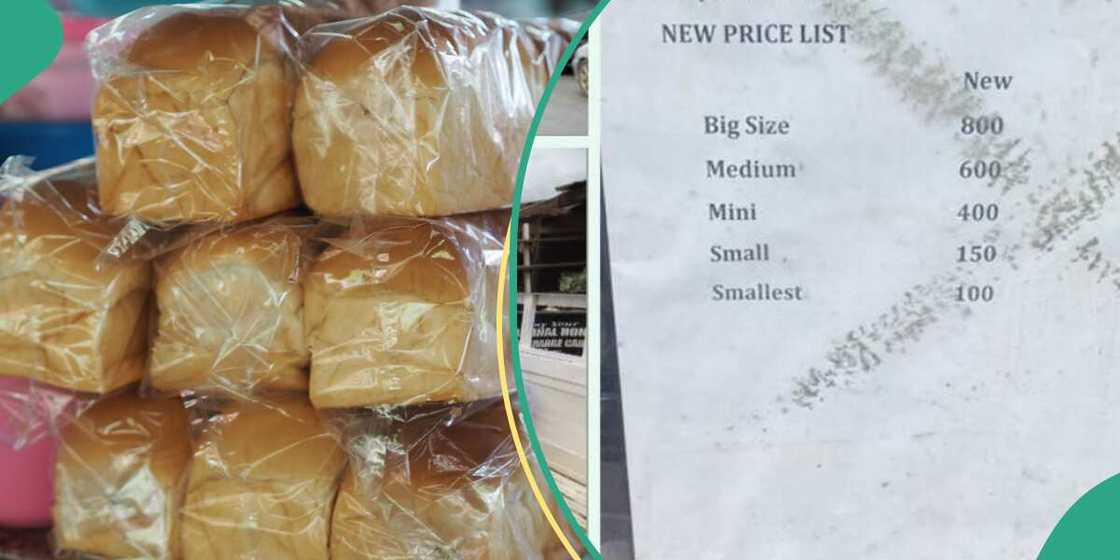
Source: Facebook
Inflationary pressure on subsidy removal
Another major effect of Tinubu’s decision to remove fuel subsidy is inflation.
Nigerian households are already grappling with a high cost of living, and the removal of the fuel subsidy will further erode the purchasing power of consumers, thereby affecting the overall sales of SMEs.
This, in turn, will lead to downsizing in an effort to reduce operational costs.
High cost of credit facilities
Another major effect of subsidy removal is that credit will become more expensive for SMEs.
In response to inflationary figures, the Central Bank of Nigeria raised the Monetary Policy Rate from 18.5 per cent to 18.75 per cent in July.
July decision is the CBN 8 consecutive interest rate increase.
How government can help?
In light of these challenges, Muda Yusuf, the director/CEO of the Centre for the Promotion of Private Enterprise expressed concerns about potential job losses and business closures.
He suggests that the government should suspend some of the taxes levied on SMEs and adjust tariff policies to provide concessions on import duties for intermediate products used by industrialists.
His words:
“Not many producers or service providers can transfer cost increases to their consumers.
The government could tweak the tariff policies by granting concessionary import duty on intermediate products for industrialists. The effects of high energy cost is devastating."
Also, Edet Anwanakak, founder at QuickRide Technologies Nig. Ltd proposed that the government should offer targeted financial assistance and incentives to SMEs to mitigate the immediate impact of fuel price increases.
According to him, the government can provide targeted financial assistance and incentives to SMEs to help alleviate the immediate burden of fuel price increases.
He said:
“Tax breaks, grants, or low-interest loans can support SMEs in adjusting to the new economic conditions.”
“Help SMEs reduce their reliance on fossil fuels, easing the impact of fuel price fluctuations.
“It is essential to consider the implications of fuel subsidy policies and devise holistic solutions that support the continued growth and resilience of SMEs in the country.”
PAY ATTENTION: Donate to Legit Charity on Patreon. Your support matters!
Source: Legit.ng


